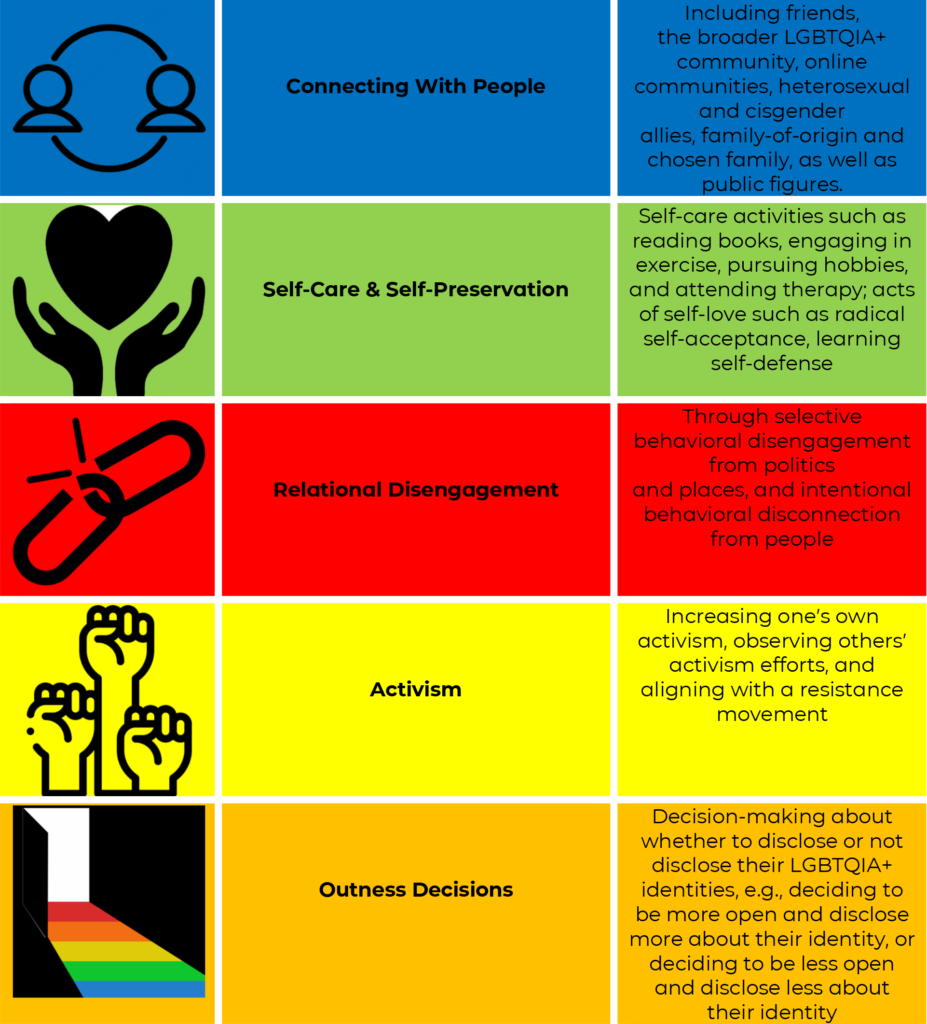Canadian writer David Sax has written for the New York Times about virtual kindergarten, Zoom Thanksgiving, and other failures of digital technology. Most recently, he penned an article discussing why strangers are good for us. He contrasts the not-too-distance past in which it was impossible to go through life without speaking, in some way, to a variety of strangers in your life to present day wherein one can spend a week in place as crowded as New York, shopping, traveling, eating and working, and never utter a sound to another human being, or even take your headphones off. He argues that strangers are actually one of the richest and most important resources we have because they connect us to the community, teach us empathy, build civility and are full of surprise and potentially wonder. In particular he cites a study published last fall that showed that despite our fears of awkwardness, deep, meaningful conversations with strangers are not only easier than expected but also left participants feeling better about themselves. Mr. Sax highlights his points by observing that connection still possible as evidenced by his son’s propensity for going to the playground, being near other children, and walking away a short time later calling them friend, without ever knowing their name.
Read Mr. Sax’s full piece, Why Strangers Are Good for Us, at https://www.nytimes.com/2022/06/12/opinion/strangers-talking-benefits.html?referringSource=articleShare
Read the study he cites, Overly Shallow?: Miscalibrated Expectations Create a Barrier to Deeper Conversation, at https://www.apa.org/pubs/journals/releases/psp-pspa0000281.pdf
Or just head to the caf, sit down next to someone you don’t know, and make a new friend!


